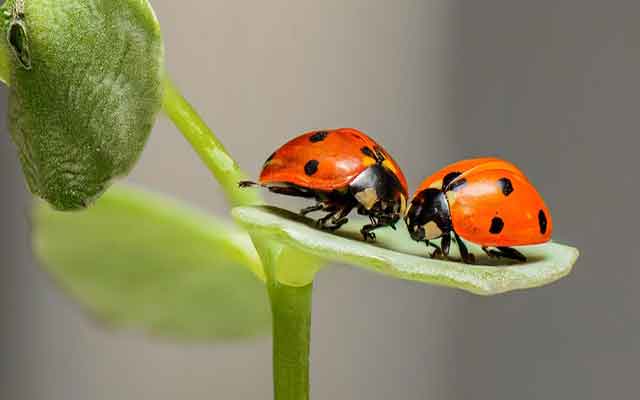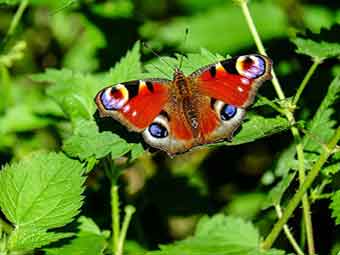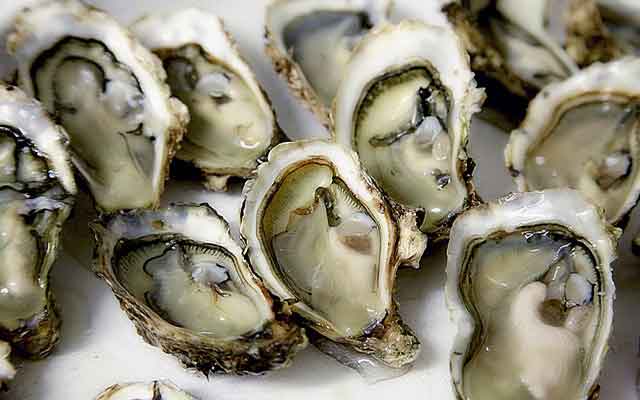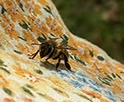.
Why Insects Are Disappearing, Vanishing Buzz
Bugs in Trouble: Causes of Insect Decline
Reading time : 1 minute,
Discovery Chepe Id-343-ECO
Published in
06-18-2024

Insects are the most diverse and abundant animals on the planet, with more than a million described species. They play a fundamental role in the ecosystem, and their disappearance would have catastrophic consequences for life on Earth.
No Bugs? The Shocking Truth Behind Insect Loss
In recent decades, an alarming decline in insect populations has been observed around the world. Insects are the most abundant animals on the planet, and they play a fundamental role in the ecosystem.

The causes of this decline are complex and multifactorial, but include the following:
1- Habitat destruction: The loss and fragmentation of natural habitats is one of the main causes of insect decline.
2-Intensive agriculture, urbanization and pollution are destroying forests, fields, rivers and other habitats where insects live and reproduce.
3- Climate change: Climate change is also affecting insects. Rising temperatures and changing precipitation patterns are altering the life cycles of insects, making their survival difficult.
4- Diseases and parasites: Diseases and parasites can also contribute to the decline of insects. Vector-borne diseases such as dengue and malaria affect millions of people each year, and can also affect insects.
5- Use of pesticides: Pesticides, especially insecticides , are a major threat to insects. Pesticides kill insects directly, but can also harm their reproduction and development.
What consequences does the decrease in insects have?
The decline of insects has important consequences for the ecosystem and for humanity. Insects are essential for pollination, seed dispersal, pest control, and the decomposition of organic matter. Their disappearance could have a negative impact on agriculture, food production and human health, but what can we do to prevent the extinction of insects? There are many things we can do to help prevent insect extinction. These include the following:
a) Protect natural habitats: It is important to conserve forests, fields, rivers and other natural habitats where insects live and reproduce. We can do this by supporting organizations that work for nature conservation, and also by changing our consumer habits to reduce our impact on the environment.
b) Reduce the use of pesticides: We can reduce the use of pesticides in our homes, gardens and fields. We can opt for alternative pest control methods, such as biocontrol or crop rotation.
c) Support research on insects: Research on insects is essential to understand the causes of their decline and develop solutions to protect them. We can support insect research by donating to organizations working in this field.
Every little bit counts. If we all do our part, we can help protect insects and prevent their extinction. Among the insects that have been most noticeable in their population decline are the following: Among the insects that are disappearing are:
1- Bees: Bees are essential pollinators for many plants, including those that produce food. The decline in bees is affecting food production and could also have a negative impact on biodiversity.
2- Butterflies: Butterflies are important pollinators and also play an important role in the food chain. Its decrease could have a negative impact on the environment.
3- Dragonflies: Dragonflies are important predators of insects, and they also play an important role in the food chain. Its decrease could have a negative impact on pest control.
4- Horseflies: Horseflies are important predators of other insects, and also play an important role in pollination. Its decrease could have a negative impact on pest control and pollination.
5- Ants: Ants are important predators of other insects, and also play an important role in seed dispersal and pest control. Its decrease could have a negative impact on pest control and seed dispersal.
Most read...
See Also
Discovery Chepe















